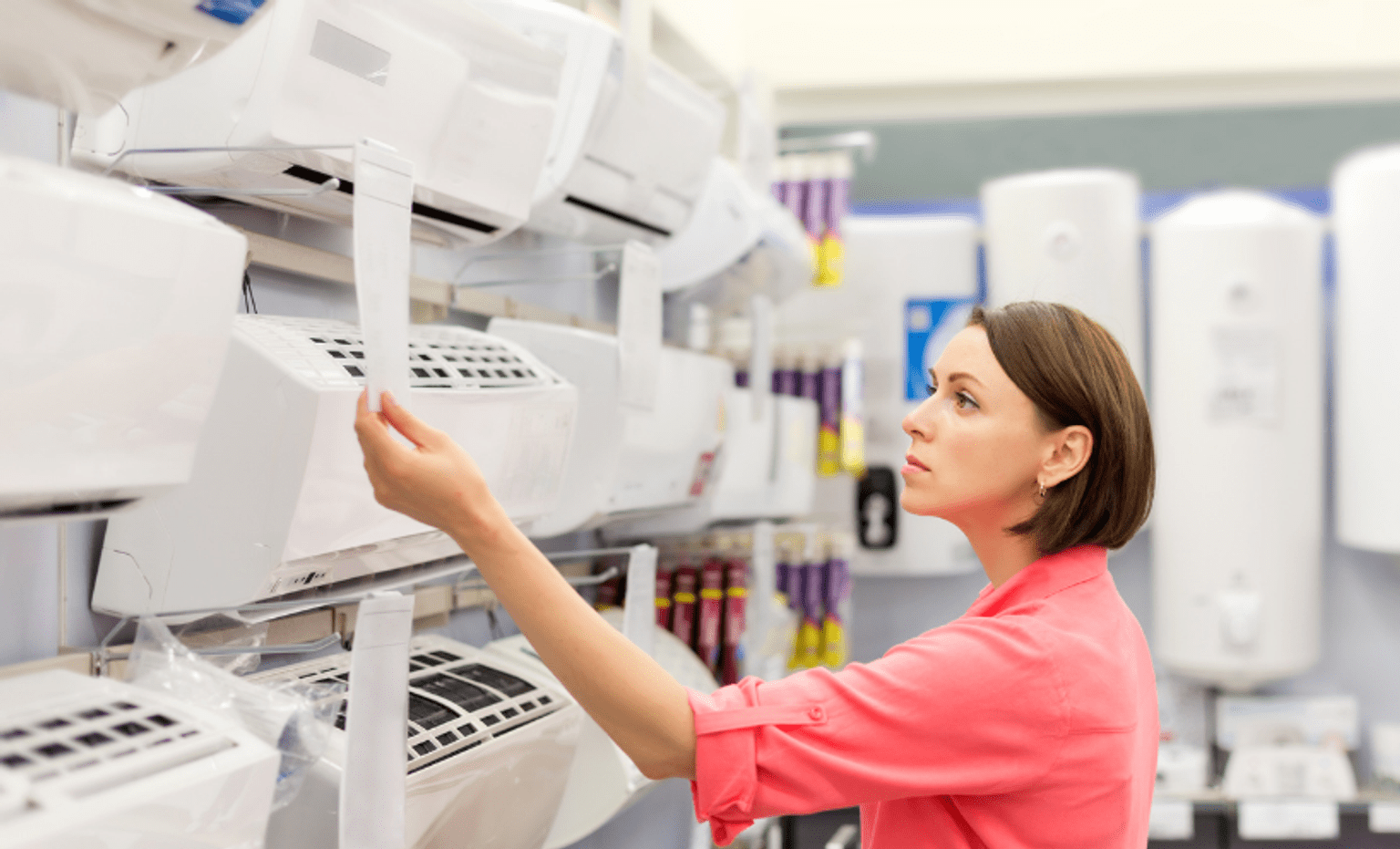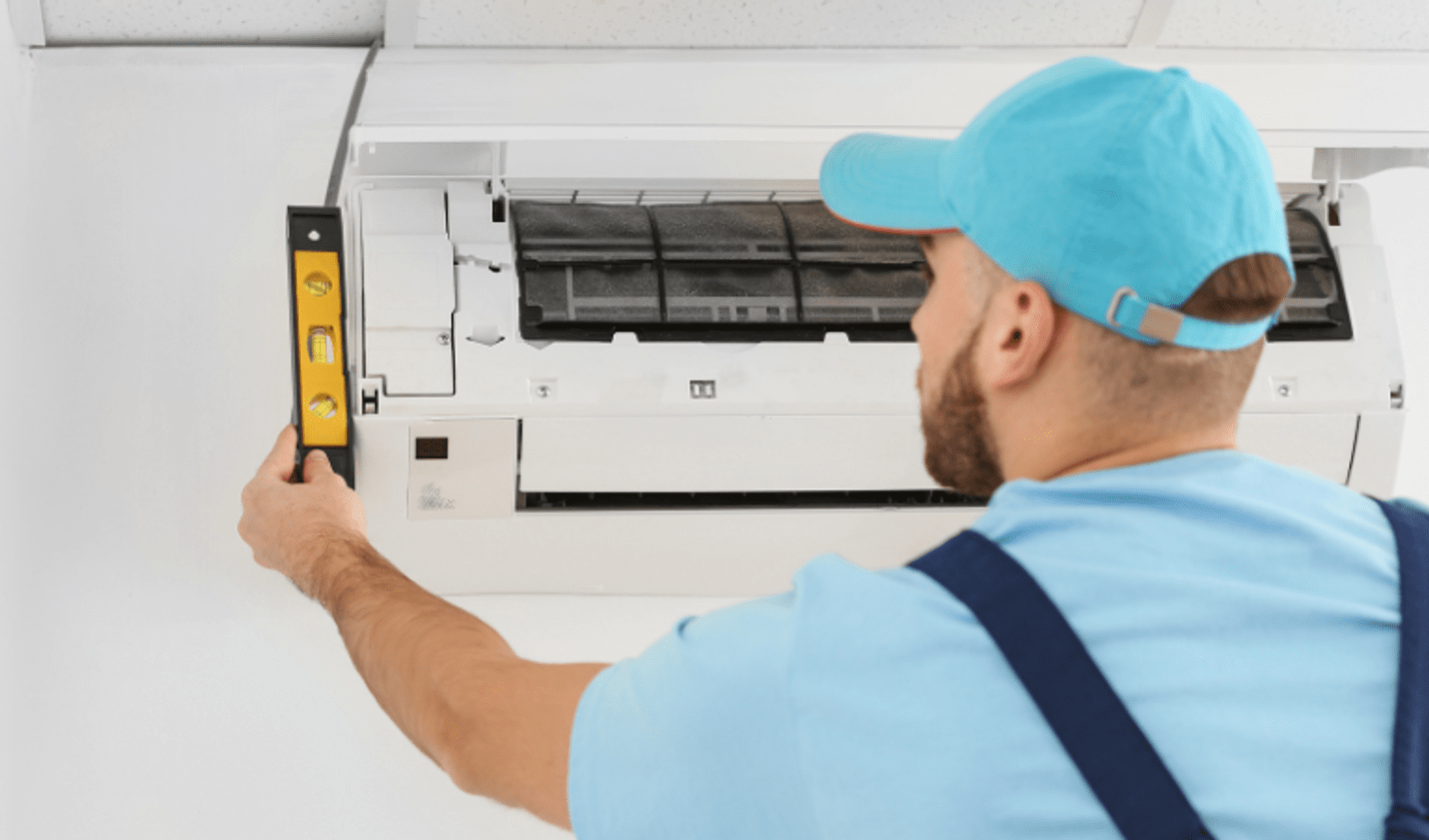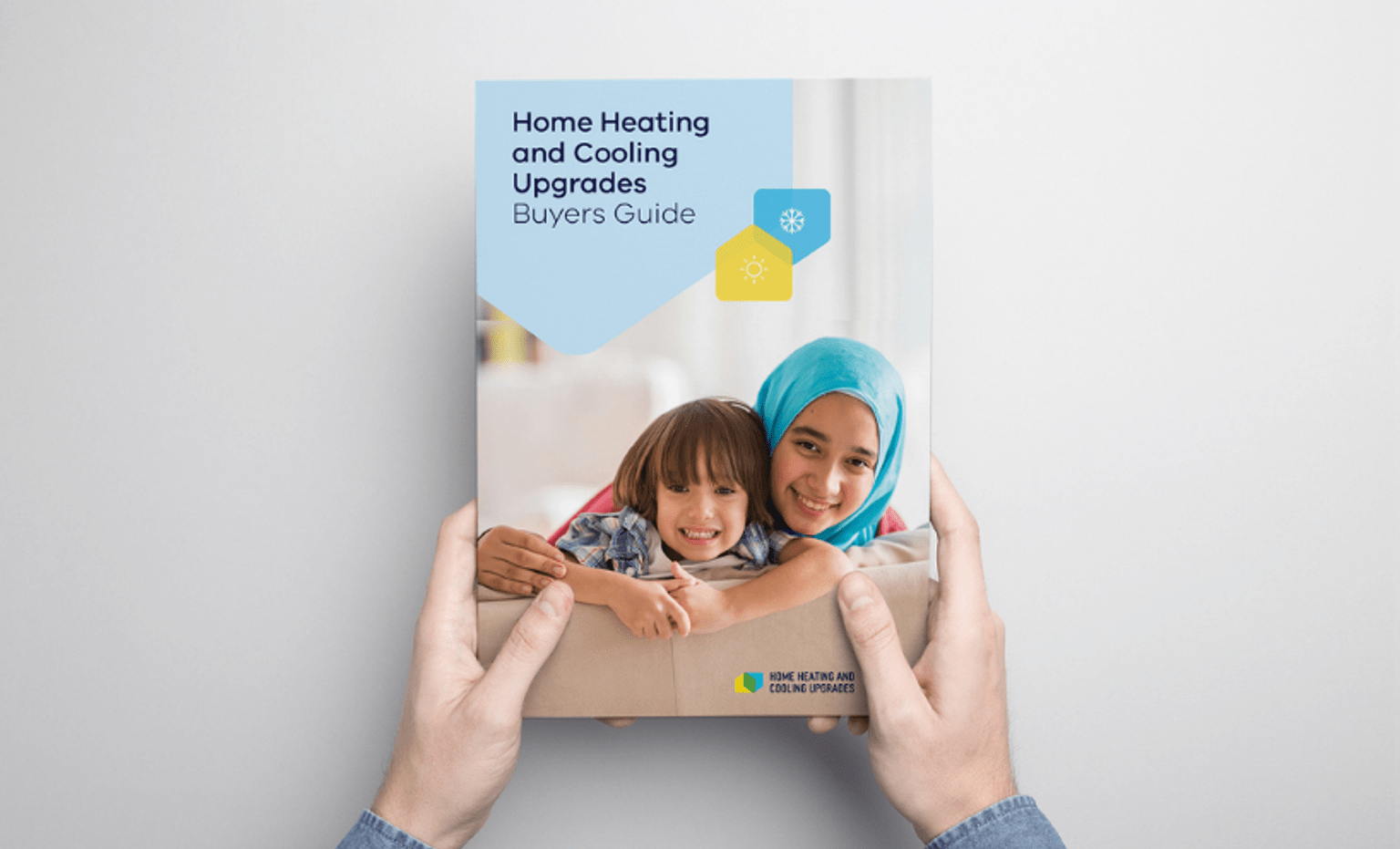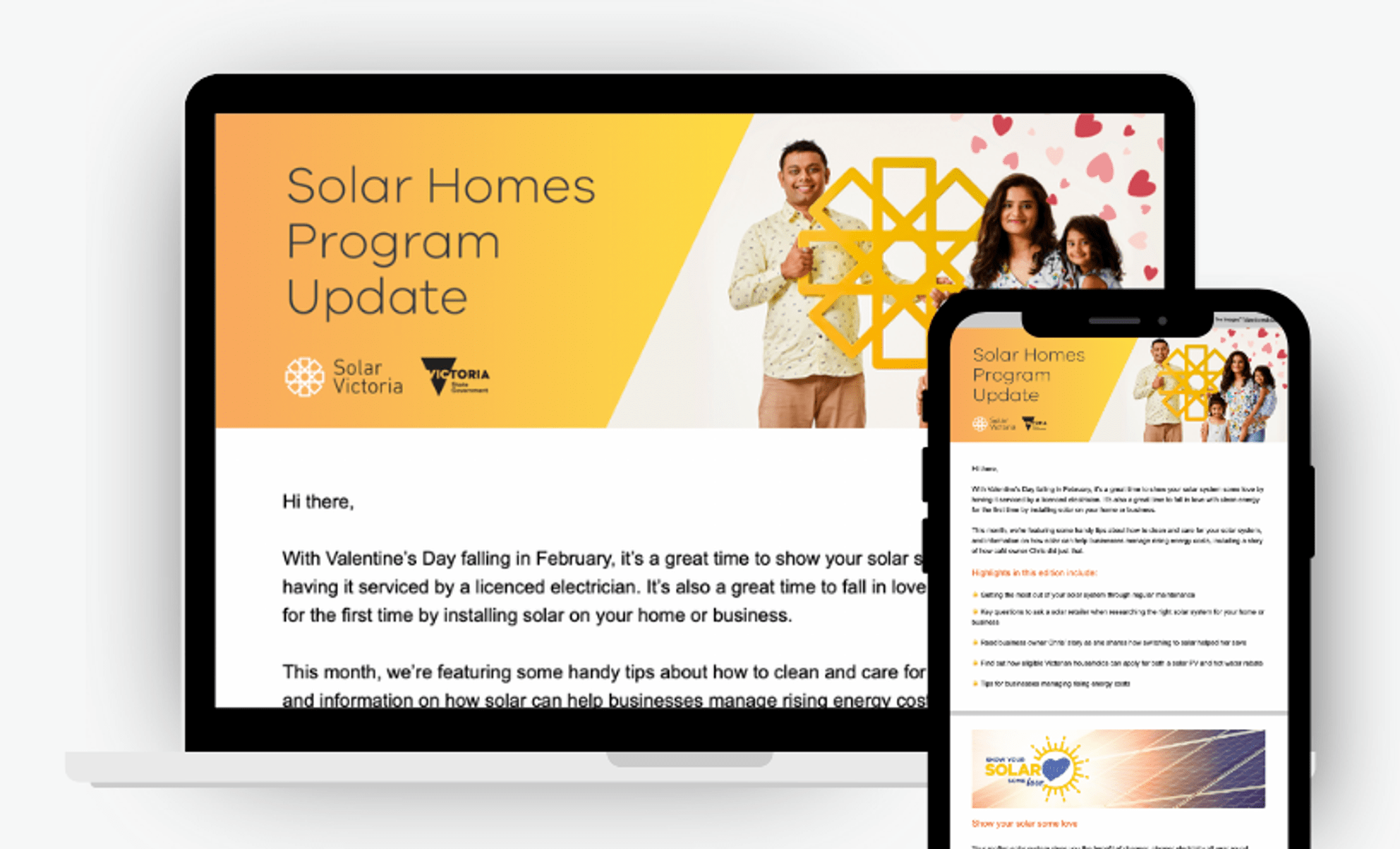The Home Heating and Cooling Upgrades program is no longer accepting applications.
Reverse-cycle air conditioners can provide you with high degree of energy efficiency and may cost less to operate than other heating and cooling systems. It’s possible to lower your energy bills while staying at a comfortable temperature—if your heating and cooling system is suitable for your home.
Because every home is different and every household has different needs, a system must be tailored to the space where it will be installed. If you purchase a system that is an unsuitable size —it could cost you more in the long run.
A supplier will conduct an onsite inspection to assess your home's specific needs, so they can then recommend products that are most suitable. They will also consider technical and safety factors before providing a recommendation.

Choosing the right reverse-cycle air conditioner system size
Find out the four major factors a supplier will consider before quoting on the right system.
Questions to ask an approved supplier
Consider asking the following questions when you first get in contact with a supplier and during the onsite inspection:
We also recommend seeking at least three quotes before selecting an authorised supplier to install your new reverse cycle air conditioner. That way, you can compare product quality and price to feel more confident in your decision. You can also look them up online to view their customer reviews and company background.
1. Do you perform onsite inspections?
You can be more confident in a supplier if they undertake a detailed analysis of your home. Most suppliers include this as part of a 'free, no-obligation quote'. We advise you to ask them this question when you first contact them.
2. What features are offered with systems in my price range?
Reverse-cycle air conditioners have many features to help manage thermal comfort. Common standard features include remote controls, while more advanced features include smart home technology that allows you to control your system via an electronic device like a smart phone. Dehumidifiers that take moisture out of the air and help prevent mould growth and dust mites are also becoming more standard.
Reverse-cycle air conditioners should be 'Demand Response Capable', which means that you can moderate power consumption of the system during peak periods. This feature can help you save money and reduce pressure on the grid.
3. What's included in the quote?
You should receive a comprehensive quote from the approved supplier that outlines all costs and a detailed breakdown, including the rebate deduction. While an itemised quote provides a breakdown of cost, we still advise you to ask if there are any hidden or additional out-of-pocket costs before signing a contract.
Tip: Remember that a 'no-obligation' quote should be exactly that, no obligation. Ask as many questions as you need until you feel confident you've made the right choice of supplier.
4. What are the details and cost of system components?
Ask them about the brand, make, model, capacity, system size and the system's expected lifespan. You could also ask them to explain their recommendation and why it's the best option for you.
5. What is the most energy-efficient way to use the system?
For a system to be reliable and efficient, it must be the right size for your home and you must use it efficiently. A home in Victoria on average uses approximately 50 per cent of energy on heating. Regardless of the efficiency of the system, how you use it will have the greatest impact on running costs. Ask for the recommended temperature settings to remain comfortable without running up electricity costs.
6. What servicing and maintenance will be required?
When you purchase the system, ask your retailer for specific product and manufacturer details in case you need to make a claim.
Your reverse-cycle air conditioner will need servicing and maintenance to maximise its efficiency and to continue to operate safely. Ask your installer which maintenance tasks are safe for you to undertake, such as cleaning filters and how often the system should be serviced.
7. What warranties and after-sales service are available?
After the installation, you should receive manufacturer and installation warranty information, compliance certificates and a maintenance schedule. Australian Consumer Law includes rules for responsible marketing and selling, products being fit for purpose, and warranties being honoured. Find out who you should contact if there is a fault here.
Updated




